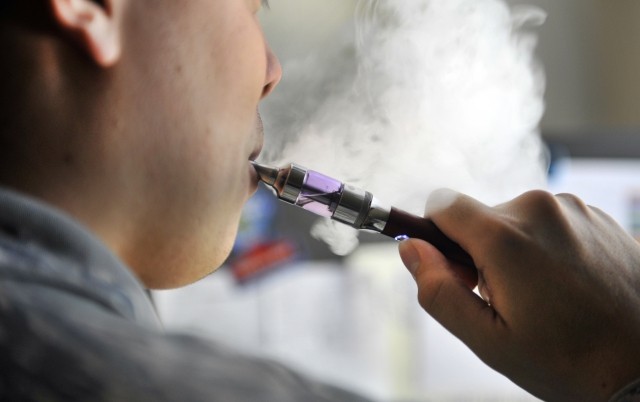The Center for Tobacco Control Research and Education today released comments on proposed regulation to the California Bureau of Cannabis Control, stating that the daily limit for marijuana is too permissive and may threaten the health of Californians, as well as potentially raise healthcare costs.
Director of the Center for Tobacco Control and Research Dr. Stanton A. Glatz, PhD, authored the comment, which brought several points to the attention of the Bureau for Cannabis Control, in regards to proposed marijuana regulations.
“Protecting the public health requires that both medical and recreational cannabis markets be well controlled and designed to prevent the emergence of a powerful industry that resembles the tobacco or alcohol industries,” the comment read.
The comment mentioned areas of policy where increased regulation was recommended, including restrictions on advertising, especially advertising aimed at minors or other vulnerable populations.
Lack of data on the potential harmful (or beneficial) effects of cannabis was noted as a factor in favor of heightened regulations, and cited: “The 2016 National Academies of Sciences, Engineering and Medicine report The Health Effects of Cannabis and Cannabinoids concluded that cannabis smoking was associated with worse respiratory symptoms and more frequent chronic bronchitis episodes, as well as moderate evidence of other respiratory effects.”
The effects of secondhand cannabis smoke were also mentioned as potentially harmful.
The comment went on to compare vaping cannabis to use of e-cigarettes, and added that highly concentrated cannabis extracts may increase the risk of “dependence, tolerance, and withdrawal among users.”
Three objections to proposed draft regulations, which were outlined specifically by the Center for Tobacco Control Research and Education, included:
- The eight ounce daily limit, as proposed in § 5409(b)(1) is too high,
- The absence of a robust unannounced inspection routine or procedure,
- The absence of an explicit requirement for delivery drivers to verify age and identity of a medical cannabis delivery patient.
In particular, the Center for Tobacco Control Research and Education commented that the eight-ounce daily limit was excessive and might lead to quantities of legal marijuana being sold on the black market, place the purchaser in possession of more than the legal amount of cannabis allowed by different municipalities, or encourage robberies of patients. An eight-ounce a day limit would be the highest amount allowed for daily purchase in the nation.
The Center for Tobacco Control Research and Education recommended that extending the period of time in which eight ounces can be purchased to three months. They also recommended measuring quantity by amount of THC (dosage), as opposed to weight, which may help address the concern over daily limits and overuse.
They also suggested that delivery service drivers be required to conform the identity and age of the recipient, when making a cannabis delivery. Another recommendation was for a robust system of random inspections and policy enforcement.
Commenters praised the inclusion in draft regulations of policy that would prohibit law enforcement officers from holding a cannabis license.
Comments regarding draft regulations come after Dr. Glatz and researchers at the Center for Tobacco Control Research and Education published a comment last week on secondhand cannabis smoke in the peer review Journal of American Medical Association (JAMA).








